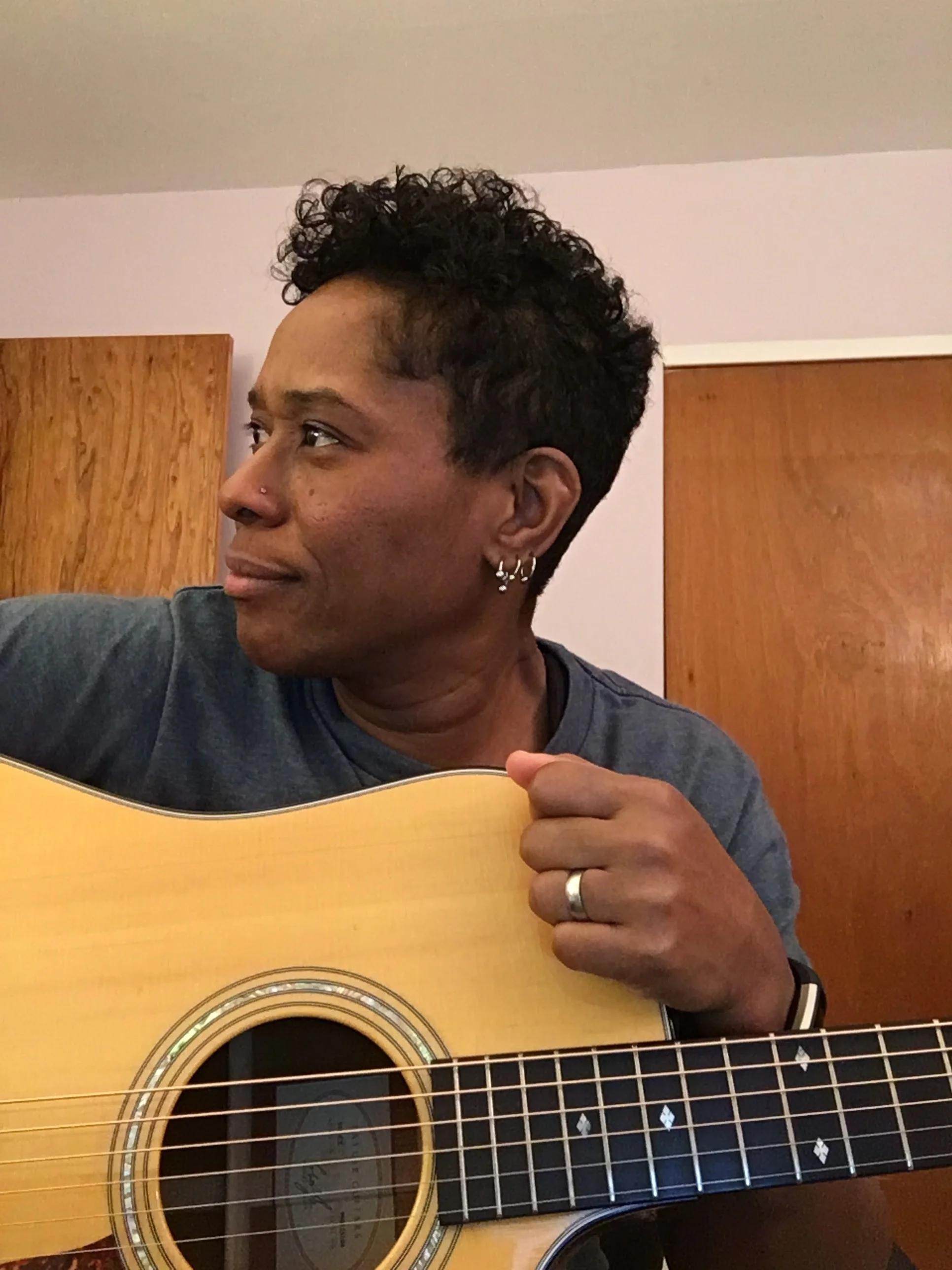Yitro Episode 64: This week we read the Torah portion Yitro and we finally receive the Torah. In the Talmud Shabbat 88A, One Rabbi says that the Jewish people stood beneath the mountain and God overturned the mountain above the Jews like a tub and God said to them:
If you accept the Torah, excellent, and if not, there will be your burial. Sounds like coercion. Is it? Check out this episode .
Episode 41 Minutes of Torah: Was Noah a Righteous Dude?
Episode 22: Emor - Be Kind
This week's Torah portion is Emor (Leviticus 21:1–24:23)and the Torah is reminding us to be kind.
"And when you reap the harvest of your land, you shall not reap all the way to the edges of your field, or gather the gleanings of your harvest; you shall leave them for the poor and the stranger: I the LORD am your God."
Remember we are created in the image of God. We are not strangers we are all related.
Episode 8: Bo: Freedom for All
This week we are in Parsha Bo (Exodus 10:1−13:16)and we are at the climax of Israel’s struggle for freedom. Plague after Plague has hurt Egypt and Pharoah is willing to let some of the Israelites go free. Moses insist that none of them will go unless all of the Israelites can go. Moses wants freedom for all. He says We will go with our young and our old, we will go with our sons and our daughters. In other words, we ain’t leavin' anybody behind.
Episode 5: Shemot: Names are Important and I Am What I Am
This week as we enter the book of Exodus. In hebrew we call this book Shemot the book of names. The Torah portion starts out with the names of the Israelites who came down to Egypt. Then later we learn the name of Moses and when Moses encounters God for the first time he says to God tell me your name.
As I write this I can't help but remember the gay anthem of my youth the Gloria Gaynor song I Am What I Am
Episode 4: Shemot: Civil Disobedience and the Path to Redemption
This week we begin the book of exodus in the Torah Portion Shemot (Exodus 1:1–6:1). The Israelites are slaves and we follow them from slavery to freedom and then redemption.
As we begin this journey through Exodus, Let us consider the midwives Shifrah and Puah The process of redemption does not begin with divine intervention, but with the first recorded act of non-violent civil disobedience.
The Torah says that a King arose that did not know Joseph. This Pharoh did not like the increasing number of Israelites. He ordered the midwives, Shifrah and Puah to kill the Israelite male babies as they were born. Midwives did not comply. Their act of civil disobedience makes it possible for the next act and then another and then finally freedom and then redemption
Episode 0: Minutes of Torah: Introduction and Welcome
Mikeitz And The Last Torah Message For 2016
My last Torah message for 2016. This week we have been reading from the Torah portion Mikeitz, continuing the Joseph story. Joseph is the boy who dared to dream who turned into a man who was able to interpret dreams. As we move into 2017 my message is to never be afraid to dream. In our society we sometimes discourage those. who call themselves dreamers but to have the courage to dream for a better future, there is nothing wrong with that. On this last night of Hanukkah Chag Sameach Happy New Year and may you be blessed in 2017



